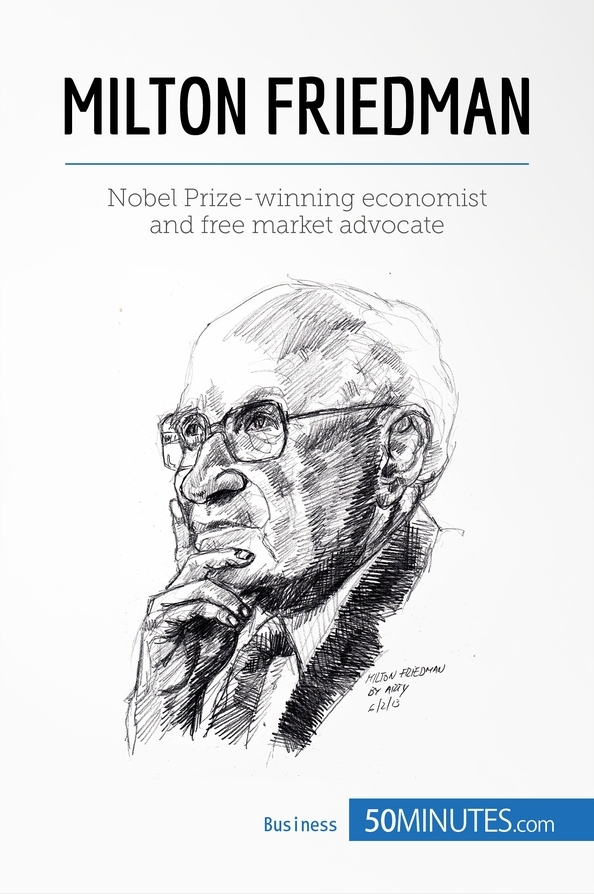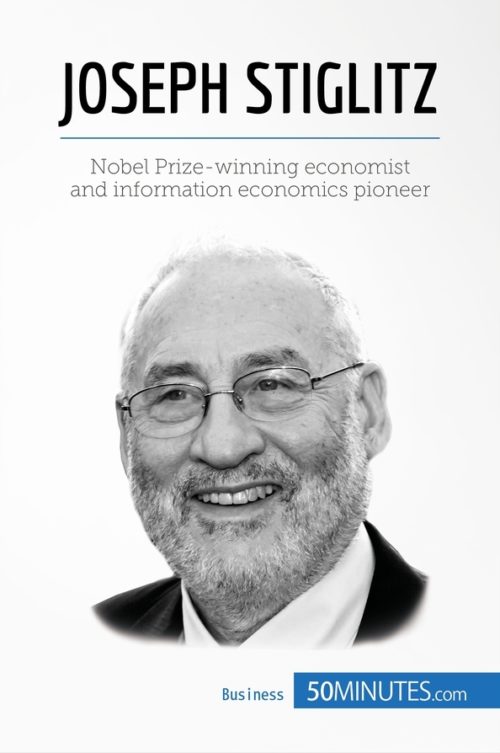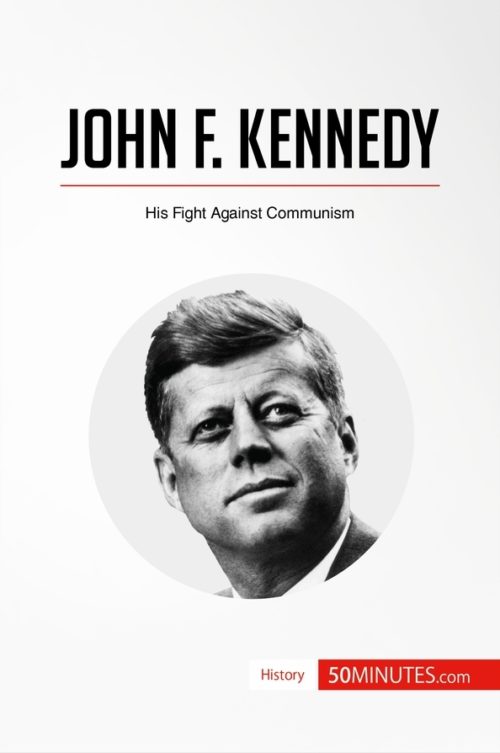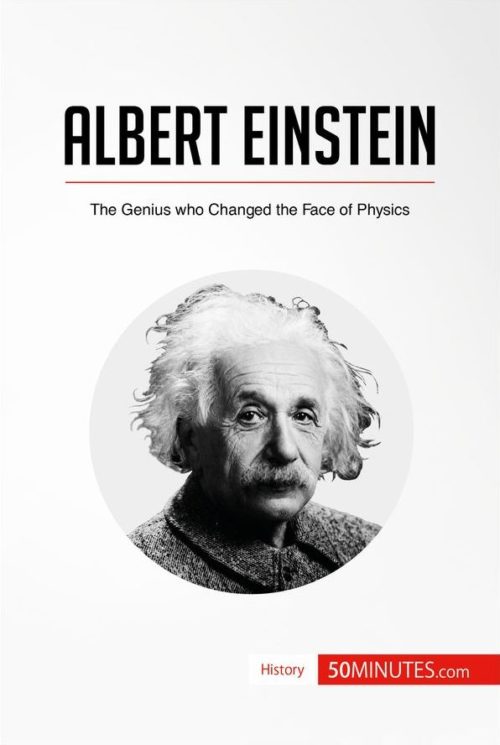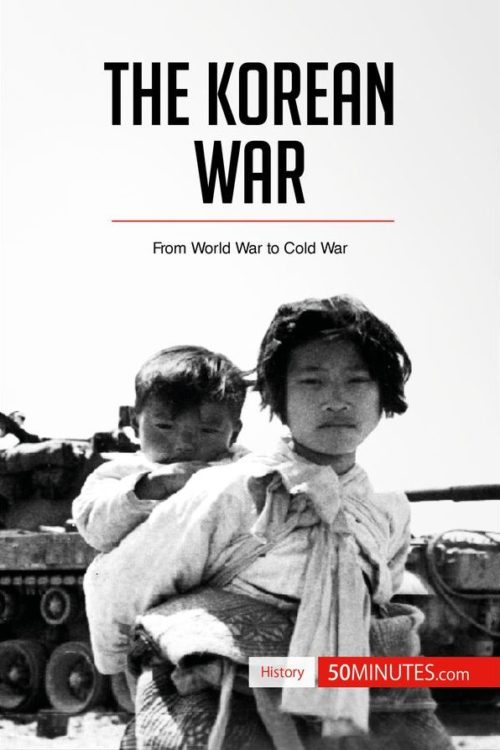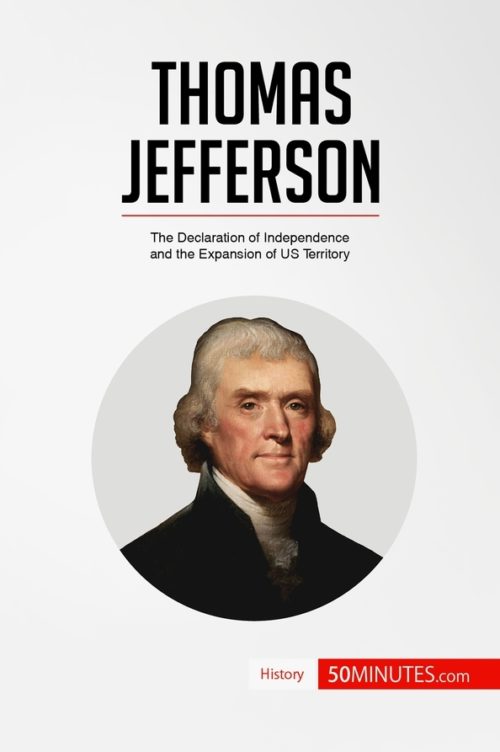Milton Friedman
Milton Friedman
$4.99
Read more
Learn about the ideas of Milton Friedman in just 50 minutes with this practical and concise book. Friedman was a Nobel Prize-winning economist who lived through many of the most significant economic periods in the USA: he witnessed the roaring twenties, the Wall Street Crash and the Second World War. His work spans multiple domains of economics, including in particular consumption analysis, monetary history and theory, and economic thought.
This book will provide you with a handy introduction to Friedman’s most important contributions to economics, including microeconomics and the competition model. You will also find out about the reactions, both positive and negative, to his work, and the influence his ideas have had on economic liberalism.
About Milton Friedman
Milton Friedman was an American economist who was well known for his somewhat controversial ideas. He is particularly appreciated for his theories on economic freedom, which can be seen in his work Capitalism and Freedom, in which he advocates complete freedom of individuals, private initiative and free competition. He was also known as a promoter of liberalism, and worked alongside some of the greatest political figures of his time.
In this book, you will learn about Friedman’s main ideas, their impact on modern economics and their potential limitations. A clear explanation of the most important concepts in his work, an introduction to related models and a detailed reading list will give you the tools you need to understand the work of this groundbreaking economist.
This straightforward and accessible 38-page book is structured as follows:
- Introduction
- Biography of Milton Friedman
- Youth and education
- From teaching to a Nobel Prize
- His contemporaries
- Friedman’s work and contributions to economics
- Capitalism and Freedom (1962)
- A Monetary History of the United States (1963)
- Free to Choose (1980)
- Impact of Friedman’s work
- Limits and criticisms of his approach
- Extensions
- Summary
Product details
| ISBN | 9782806266194 |
|---|---|
| Publisher | Plurilingua Publishing |
| Serie | 50MINUTES.COM – Business |
| Format | |
| Pages | 33 |
| File size | 3.2 MB |
